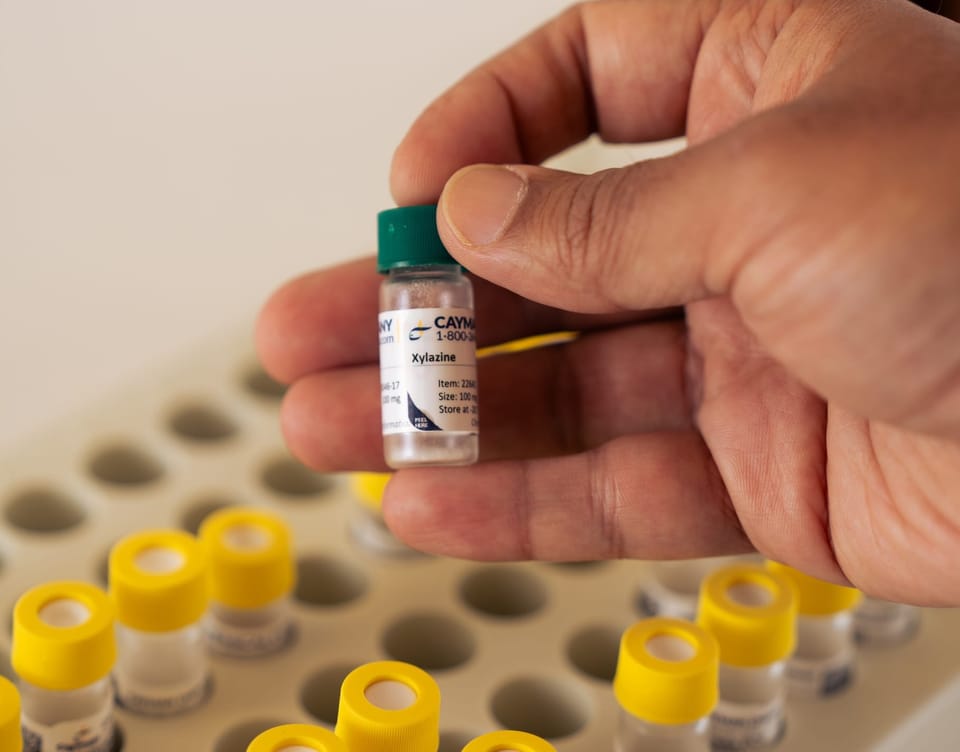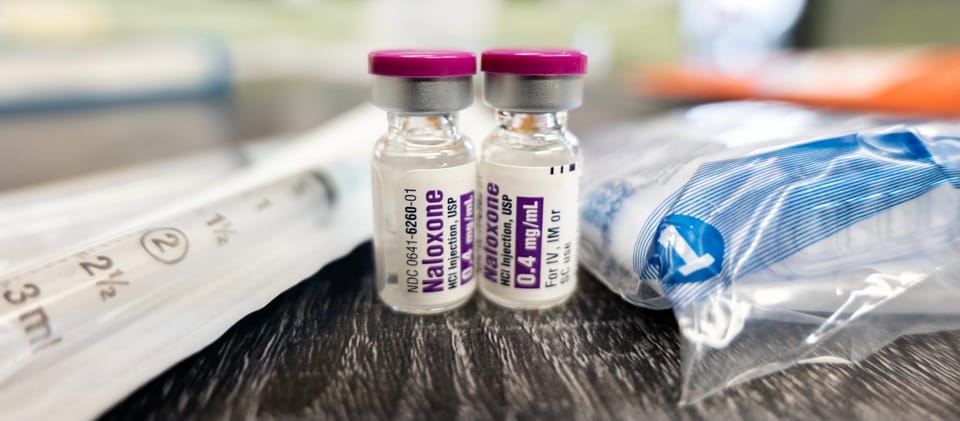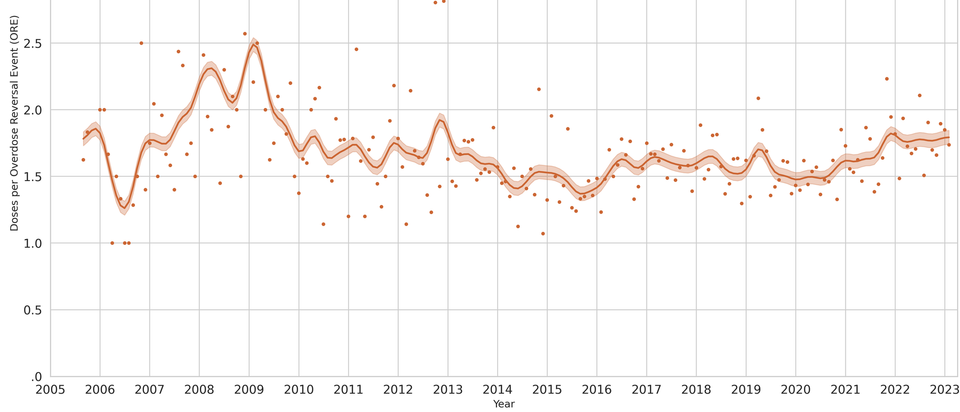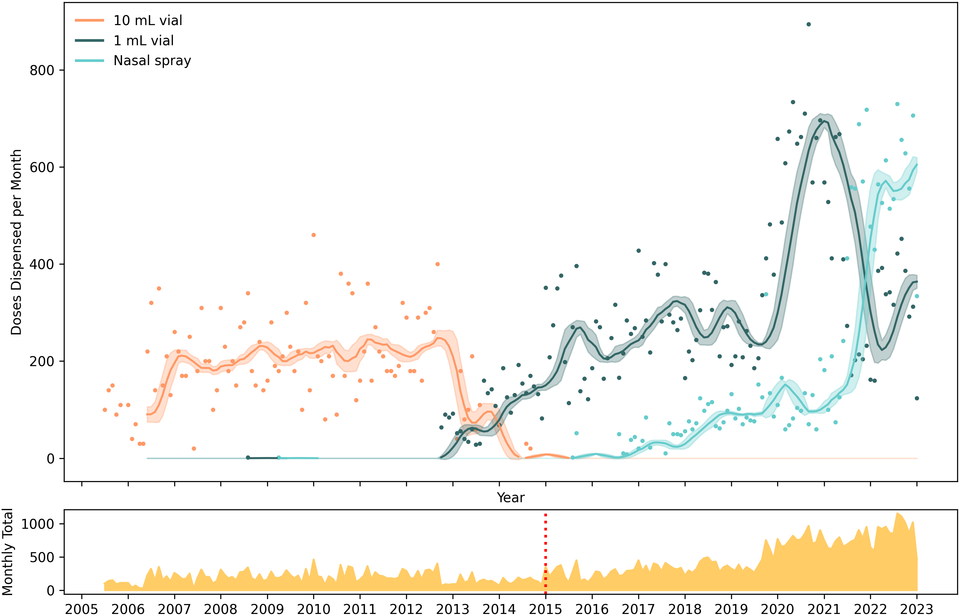Opioid Data Lab
The Street Drug Analysis Lab is a public service of the University of North Carolina at Chapel Hill. We provide analytical chemistry services and information for public health.

Start Drug Checking Now
No machine? No problem. Any public health harm reduction organization in the US can get 5 free kits. Within North Carolina our service is free. We offer affordable mail-in GCMS service nationwide. Our service is free to drug user unions. New FTIR? Awesome! We offer complementary "confirmatory" lab services for FTIR drug checking programs.
Check out our program requirements, pricing, terms of service, lab methods, how to interpret results, media requests, funders, research study support, contact info.

Watchlist 👀
Top drug trends we are keeping our eyes on nationwide.

Service Stats
Have we seen it...?
These two apps list all substances we've identified in the drug supply, including when and where we saw it. Helpful for FTIR technicians and drug nerds. First is a live report of recent new substances. Second is an interactive app of all substances all time, and what else they were found with.














